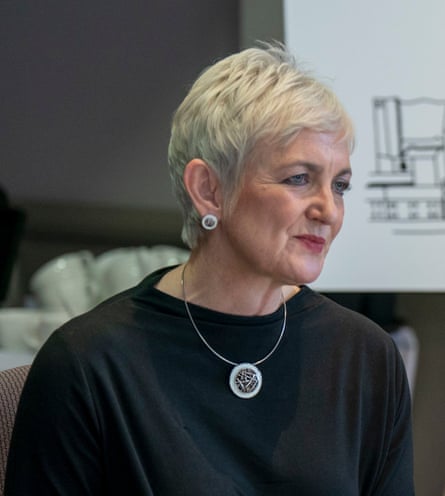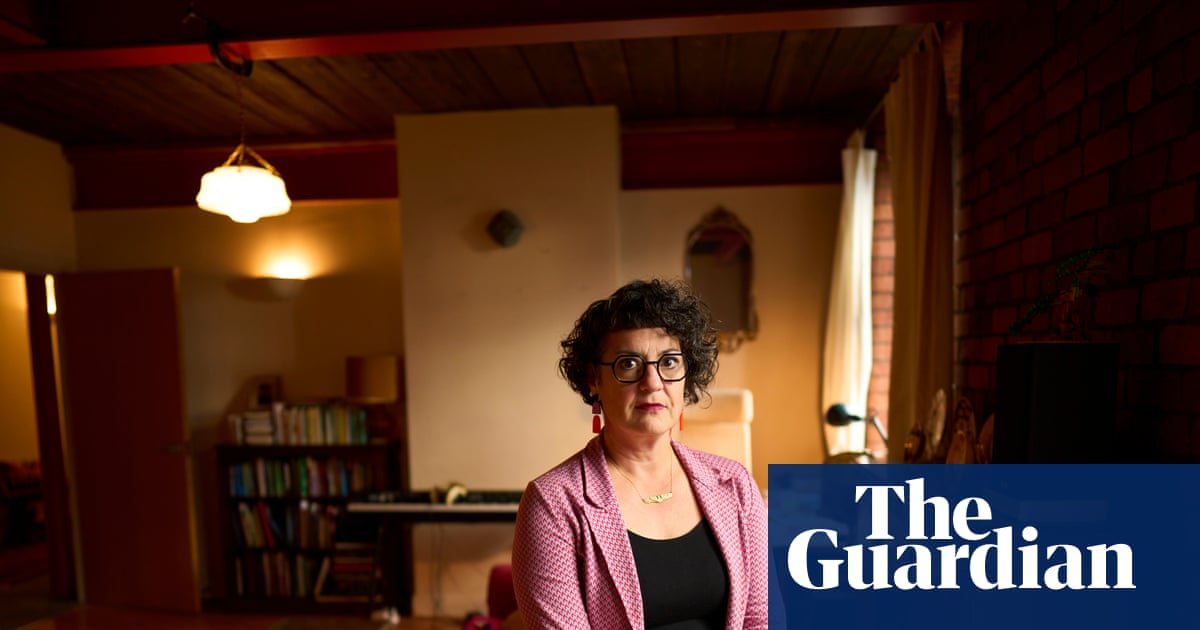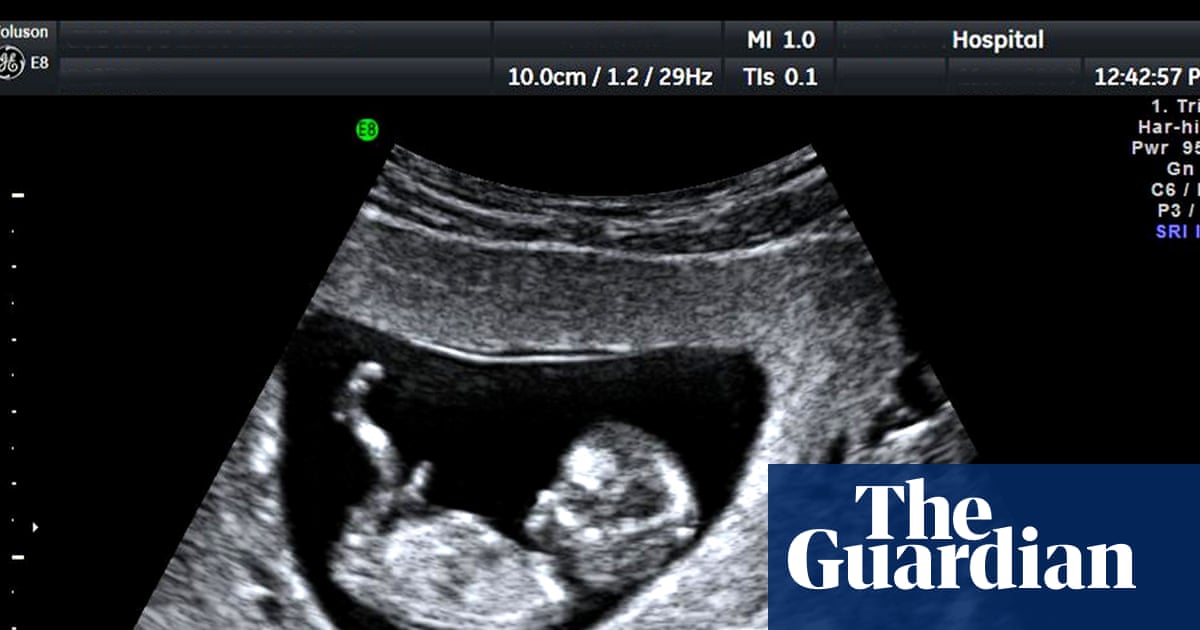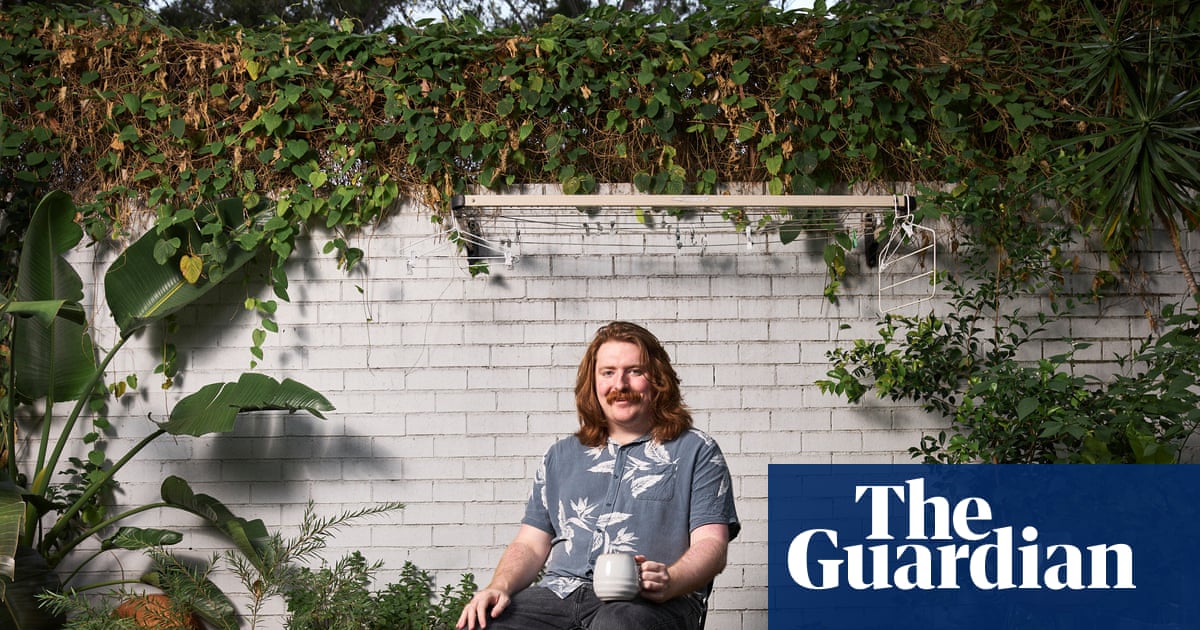The unique Scottish verdict of not proven, long considered a global legal anomaly, could be scrapped this week as the Holyrood parliament votes on the country’s most radical shake-up of criminal justice in decades.
Scotland is the only country in the world to offer juries the not proven verdict alongside guilty and not guilty, a poorly defined historical oddity that dates back to the 18th century.
The verdict acquits an accused person but stops short of finding them not guilty, and is believed to be a key factor in Scotland’s markedly lower convictions rate for rape and sexual assault cases.
Before the final vote on the Scottish government’s victims, witnesses and justice reform bill, which includes a suite of reforms to improve the criminal justice system for survivors of rape and sexual violence, the Rape Crisis Scotland chief executive, Sandy Brindley, described it as “a once-in-a-generation opportunity”.
A lengthy debate is anticipated on Tuesday after the SNP government and opposition MSPs tabled more than 160 amendments to the bill, which has since faced significant opposition from the highest echelons of the legal profession since it was first published in 2023.

Speaking before the final vote by MSPs, which is expected by Wednesday, the justice secretary, Angela Constance, said: “This landmark bill will put victims and witnesses at the heart of the justice system, while continuing to protect the rights of the accused.”
As well as scrapping not proven, described as “a necessity for modern justice” by Kate Wallace, the chief executive of Victim Support Scotland, the measures include reforming the jury process to require a two-thirds majority for conviction, establishing a specialist sexual offences court, and enshrining in Scots law the right to lifelong anonymity for rape complainers (the Scottish legal term for complainants).
It will also establish a victims and witnesses commissioner and provide an automatic right to publicly funded, independent legal representation for complainers to oppose applications asking questions about their previous sexual history.
The bill has already been substantially amended, dropping a proposal to pilot juryless trials in rape cases that had attracted widespread condemnation, with lawyers’ associations throughout Scotland balloting to join a near-unanimous boycott of the scheme.
And on Monday, the Faculty of Advocates and the Law Society of Scotland told the Scotsman they continued to have concerns about the proposal to increase jury majorities from a simple majority to two-thirds, and how that would act in conjunction with the abolition of not proven, warning it could “cheapen the guilty verdict”.
after newsletter promotion
Brindley likewise suggested this could mean Scotland’s “terrifyingly low” conviction rates for sexual assault would drop even lower, given research highlighting juries’ reluctance to convict rape cases.
Miss M has campaigned for the abolition of the third verdict since winning a landmark civil action after the criminal case against the man she accused of raping her on a university freshers’ week night out was found not proven.
Urging MSPs to consider the “harrowing” impact of not proven, she said: “Together survivors and their families have shared their experiences of being failed by a not proven verdict. The research has shown it is misunderstood and used disproportionately in sexual offence cases.”

.png) 1 month ago
45
1 month ago
45

















































